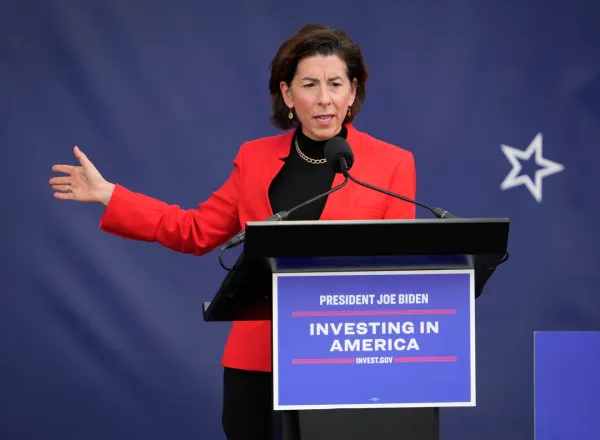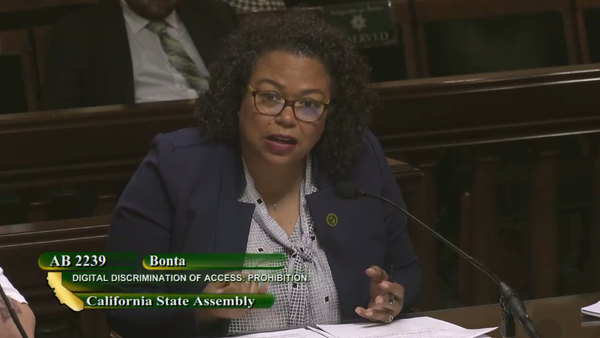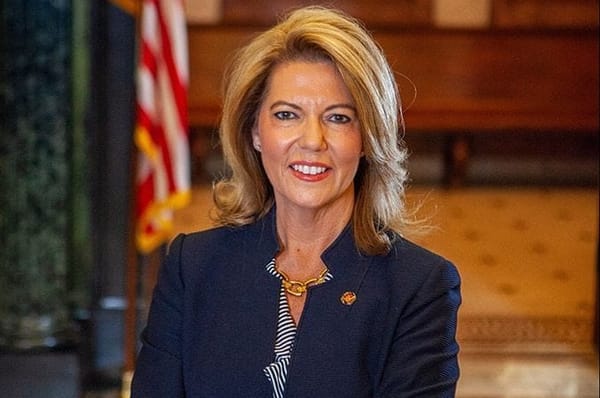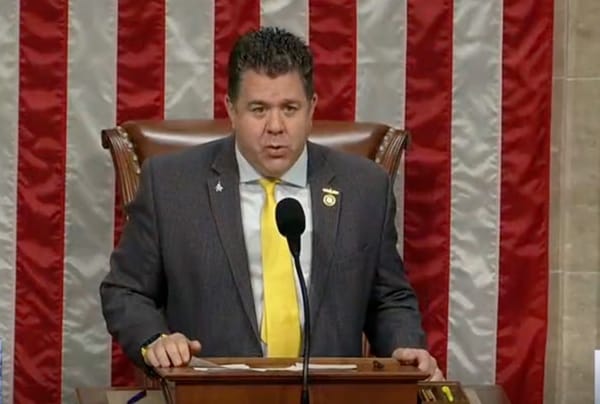Experts Debate Network Neutrality, BitTorrent Offers Technical Solution
WASHINGTON, June 4, 2010 – Telecommunications experts on a Thursday panel took on the prickly issue of how the Federal Communications Commission can best regulate high-speed internet access. Most panelists offered policy suggestions, but BitTorrent’s CEO offered a technical solution.
WASHINGTON, June 4, 2010 – Telecommunications experts on a Thursday panel took on the prickly issue of how the Federal Communications Commission can best regulate high-speed internet access.
At an event hosted by the Information Technology and Innovation Foundation, presenters gave their opinions and predictions about broadband. All presenters advocated some type of congressional action as a part of the solution to regulation issues.
Steven Teplitz, senior vice president at Time Warner Cable, was critical of the FCC’s proposed “third way” solution, which would recognize only the transmission component of broadband as a telecommunications service.
He said Title I, which classifies internet service providers as information service providers, was unsound. He said Title II, which classifies firms in the telecommunications arena, had too much baggage, and the third way proposition would have those same problems. Instead, he encouraged a fourth way, where Congress would set up policy framework and legal authority for regulation.
James Speta, a professor at Northwestern School of Law, said: “I think that the fact that the arguments are uncertain pushes me and others in the direction of a congressional resolution because certainty is something this market can help with.”
He also criticized the FCC’s plan to regulate the internet, citing the change in the commission over the years and the possibility that a subsequent commission could change the plan, therefore making it unstable and unreliable.
Free State Foundation President Randolph May also was critical of the FCC, saying: “It makes me want to put a big sign on the 8th floor where the FCC is, that reads ‘When you’re in a hole, the first thing to do is to stop digging.’”
He thought the FCC should use a “light touch” approach to Internet regulation, and said if the FCC needs more authority for internet regulation, then Congress should define a policy framework for the regulation.
“Circumscribed market-oriented rule would provide the FCC with a principal basis for fact-based complaints alleging ISPs are not acting competitively, and at the same time causing consumers harm,” said May. “Using antitrust-like jurisprudence that incorporates rigorous economic analysis, the commission would focus on specific allegations that were causing consumers harm.”
While most presenters focused on the debate over the FCC’s legal authority, BitTorrent CEO Eric Klinker focused on a technical solution to the net neutrality argument. He talked about the development of “uTorrent Transport Protocol,” which was designed to unclog internet congestion by letting other Internet traffic take precedence. The technology, which he compared it to cars pulling over to the side of the road to let ambulances go by, is a market solution that may not require as much drastic change to the Internet as other solutions, he said.
Richard Bennett, research fellow with the Information Technology and Innovation Foundation, lauded the technical approach presented by Klinker because he said it allocates Internet applications in a manner that satisfies more people.
He concluded that regulators have problems with the internet because it does not act in the same manner as other communication technologies, and that it needs its own set of regulations instead of being placed within traditional classifications.






